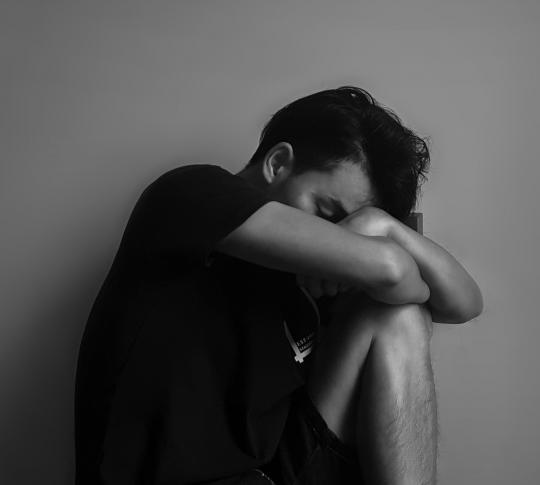
What Exactly Is Trauma?
'Trauma' seems to be a bit of a buzzword at the minute, we hear it all the time, in the news, on social media, from celebrities to members of the royal family to everyday people using it colloquially to describe every day events. I remember telling a friend I felt traumatised that I'd broken a toenail - of course I wasn't actually traumatised, more like mildly irritated as I wanted to wear open toed sandals and the toenail was wonky and looked a bit odd, but I am prone to a bit of exaggeration so here we are with my toenail trauma and some thoughts about what it actually means to be traumatised.
Most of us are familiar with the term 'fight or flight', which we recognise as a reaction to danger, something that could pose a threat to life. Our nervous system kicks in, giving us a burst of stress hormones that allow us to fight for our lives or run away from the danger. Our heart rate increases, our blood vessels dilate to provide more oxygen to the muscles, our breathing gets faster to deliver that oxygen. We might feel panicky, frightened, jittery and ready to run or behave aggressively to stave off an attack.
A trauma response can happen to anyone, from almost any event. It's our perception of the event that's important. If you're walking in a forest and see a snake in your path, fight or flight will kick in and your body will ready itself for action. It's only as you get closer and realise it's just a stick that your body will resolve, your nervous system calms down and you go back to 'normal'. Except sometimes, when you've experienced something really traumatic, it doesn't settle back down to where it was before and you continue to feel on edge, nervous and jumpy. Every time you see a stick you think it's a snake all over again and your system goes into overdrive. Your breathing gets quicker and you hyperventilate, get pins and needles in your hands and feet, your heart feels like it's going to explode and you feel faint. You might even logically realise it's a stick and feel confused and silly at this 'overreaction'.
Trauma does not always lead to traumatisation. We can all have a horrible experience and feel it as trauma but if we are able to process it physically and mentally, by following through the trauma response to its conclusion (using relaxation techniques such as breathing exercises are useful for this, as is exercise and movement), use our support networks to process it verbally and feel connected back to others, we may not feel traumatised by that event. It's simply a horrible thing that happened that we hold in our memory. But if we can't release the trauma because of how we've been brought up ('don't cry, you're not a baby', 'stop making a fuss, you're being silly, it's not that bad' - familiar to anyone?) Or because showing we were hurting was just as dangerous as the abuse or event (freeze, flop, fawn) or because the trauma is ongoing, we may end up traumatised - stuck in a cycle of our nervous system being overeager to respond even when there's no danger, or respond disproportionately to what's actually happening in reality.
It can feel really overwhelming. But every journey starts with one step. So if you would like support please do reach out. Whether it's a life changing event, a long term situation, or just a toenail trauma, things can always, always get better.
